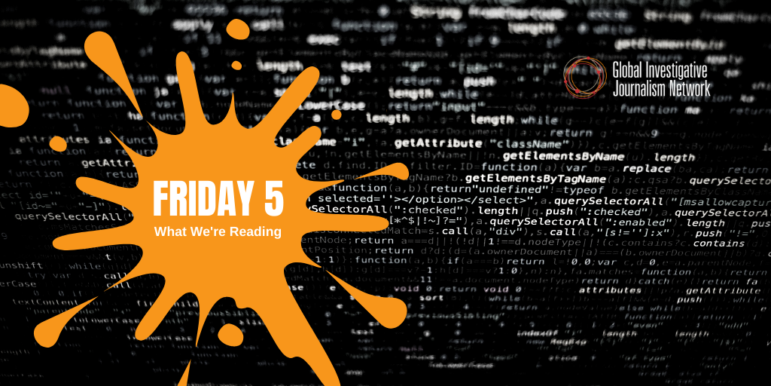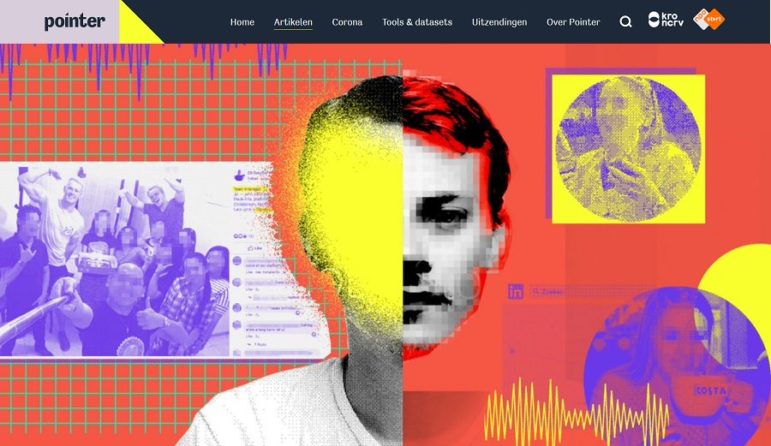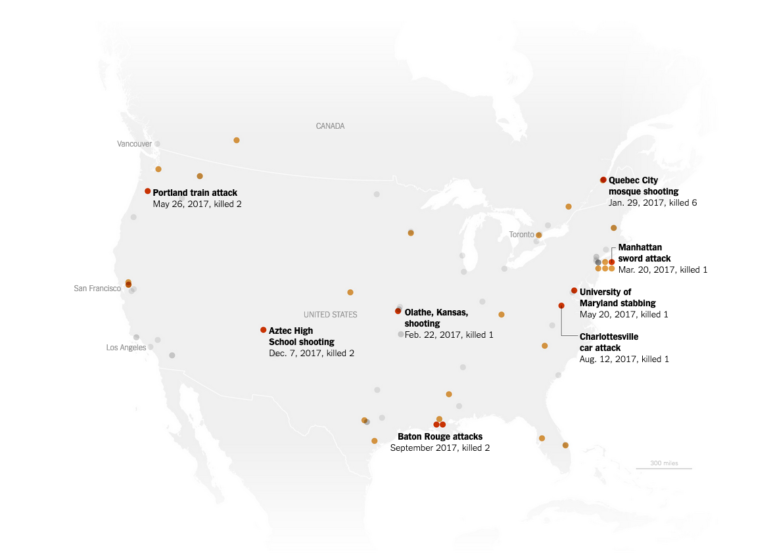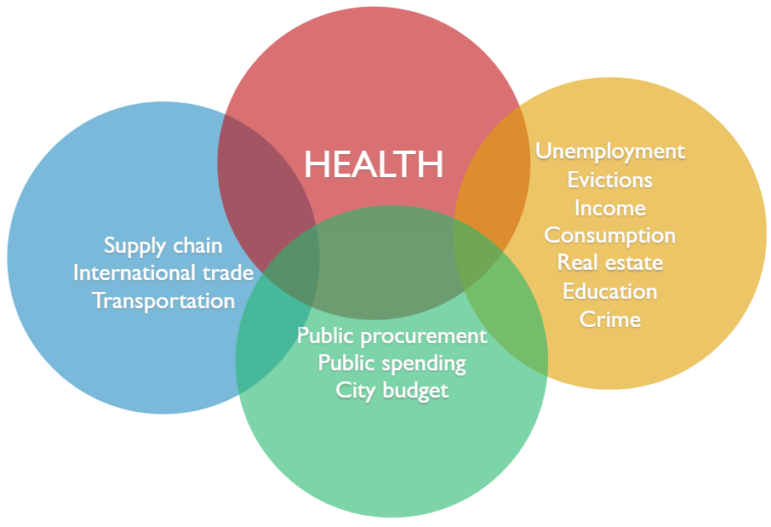Resource
Freelancing Investigative Journalism: How to Pitch
Selling freelance investigative journalism proposals is a lot like selling other stories, but harder. There just aren’t enough media outlets willing to engage in watchdog reporting. For more on Distribution, Promotion, and Freelancing, see our GIJN Guide. And pitching investigations which may have uncertain and controversial outcomes is especially challenging, requiring the establishment of mutual trust. […]










